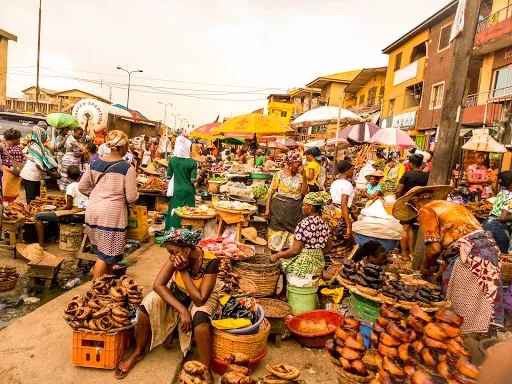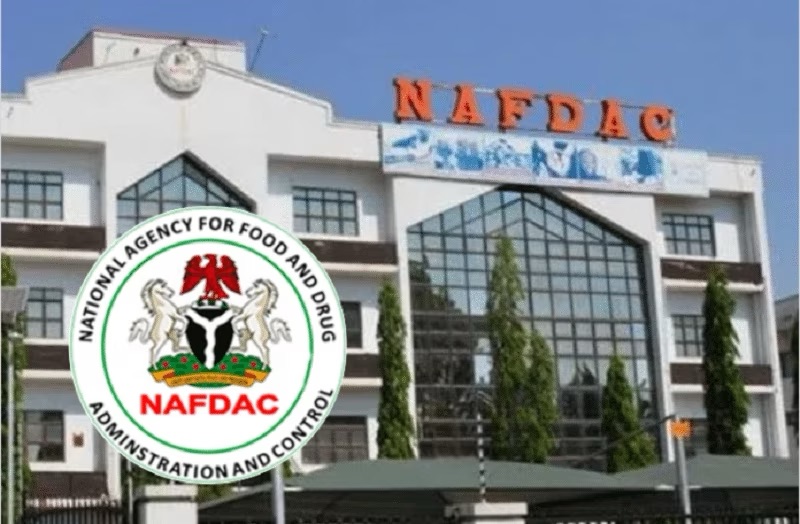The price of rice in Nigeria has skyrocketed to unprecedented levels, raising concerns about food security and the effectiveness of President Bola Tinubu’s agricultural policies. Market surveys indicate that the cost of a 50-kilogram bag of rice has surged by over 40% since the removal of the fuel subsidy and subsequent inflation spikes. Many Nigerians now find the staple food increasingly unaffordable.
President Tinubu had promised to address rising food prices and ensure availability through strategic interventions. However, analysts argue that the government’s policies, including increased import tariffs and limited local production capacity, have exacerbated the crisis. Farmers have also complained about inadequate access to farming inputs, such as fertilizers and improved seeds, further straining production levels.

The inflationary pressure on rice prices has triggered a ripple effect across the economy. Traders and distributors blame high transportation costs, driven by elevated fuel prices, for the rising cost of food commodities. Many consumers are opting for cheaper alternatives, further affecting market dynamics and household diets.
In response, the federal government has announced plans to distribute palliatives and increase funding for agricultural projects to stabilize food prices. Critics, however, argue that these measures may not yield immediate results, as the country’s agricultural sector requires more comprehensive reforms to meet rising demand.
The sharp rise in rice prices has highlighted the urgent need for sustainable solutions to Nigeria’s food crisis. Stakeholders are calling on the government to revisit its agricultural policies, improve infrastructure, and provide direct support to farmers to mitigate the ongoing challenges and ensure food security for all Nigerians.





